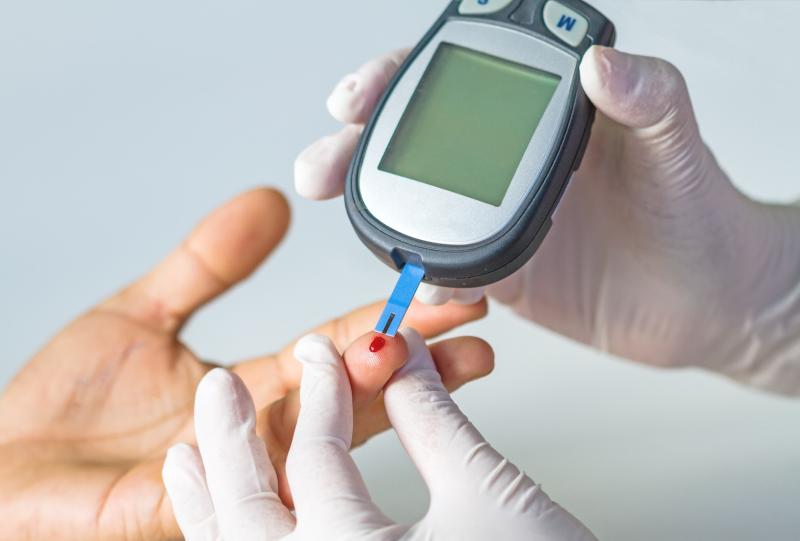
Both acarbose and repaglinide are effective for the control of postprandial hyperglycaemia in type 2 diabetes patients, a new study has found.
The study included 164 newly-diagnosed diabetes patients who had 2-hour postprandial glucose (2hPPG) levels >10 mmol/L. Participants were alternated between acarbose and repaglinide treatment for 6 months, after which the outcomes of weight, glycated haemoglobin (HbA1c) and fasting plasma glucose, among other measures, were assessed.
At enrolment, 82 patients were first assigned to the acarbose group (mean age, 52.3±8.9 years; 53.7 percent) and the remaining 82 received repaglinide (mean age, 49.5±9.5 years; 51 percent female). Both arms were comparable in terms of baseline demographic and laboratory characteristics.
According to the per-protocol analysis, 85 percent of the repaglinide arm achieved the prespecified endpoint of 2hPPG <10 mmol/L, significantly greater than the 65-percent success rate in the acarbose group (p=0.05).
Moreover, fasting plasma glucose (p<0.05) and HBA1c (p<0.04), along with 2hPPG (p<0.02), were all significantly lower in the repaglinide group at the end of the study. Repaglinide also yielded significantly better adherence rates (72 percent vs 52.4 percent; p=0.01).
On the other hand, acarbose was more effective in cutting triglyceride levels (p<0.05) and was superior for body weight reduction (–1.32±4.31 vs 2.61±9.38 kg; p=0.03).
“Our study revealed that in newly-diagnosed type 2 diabetes in the context of at-goal fasting plasma glucose level, repaglinide was a significantly stronger agent and with remarkably better drug adherence,” said the researchers. “And, on the whole, both acarbose and repaglinide had a very good impact on postprandial hyperglycaemia.”